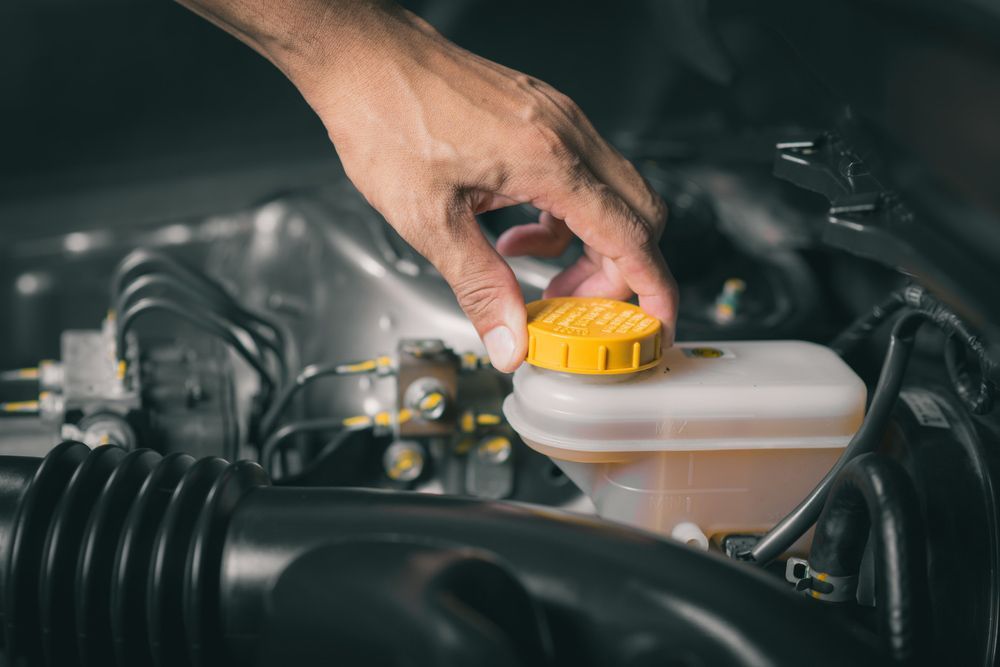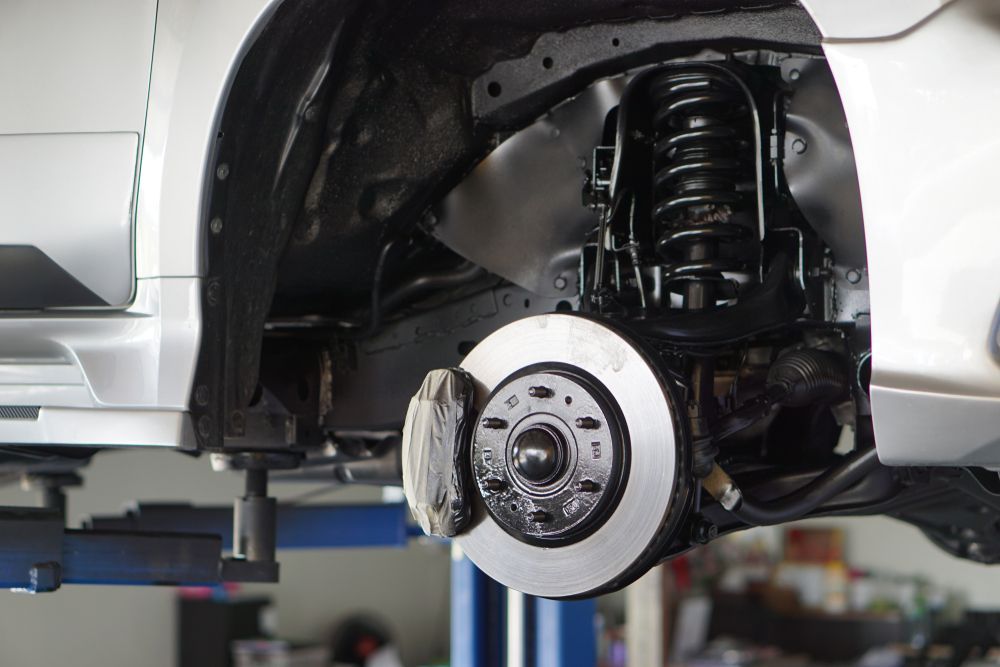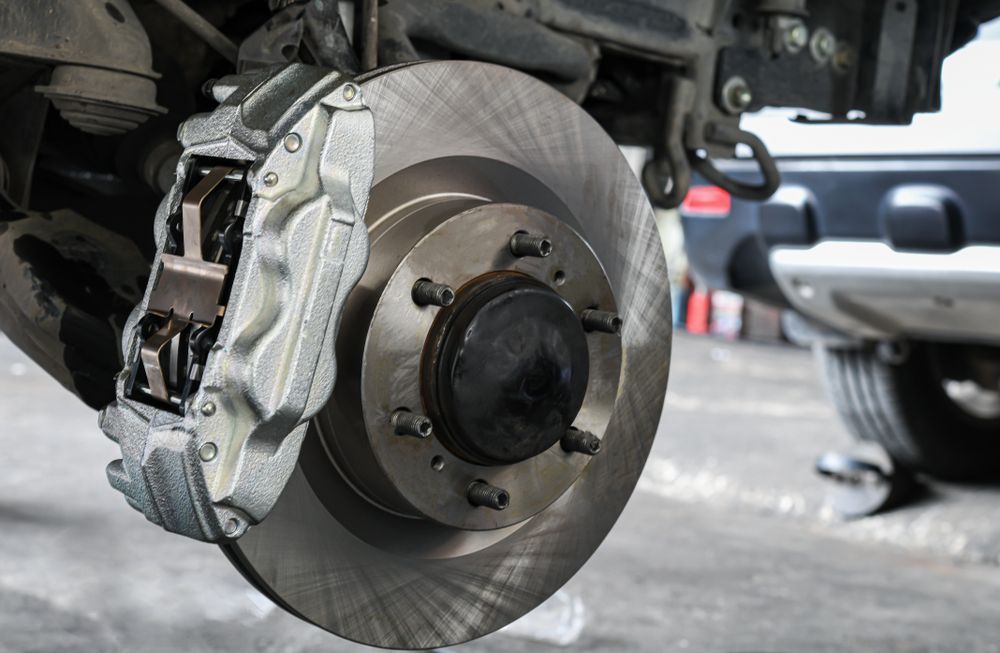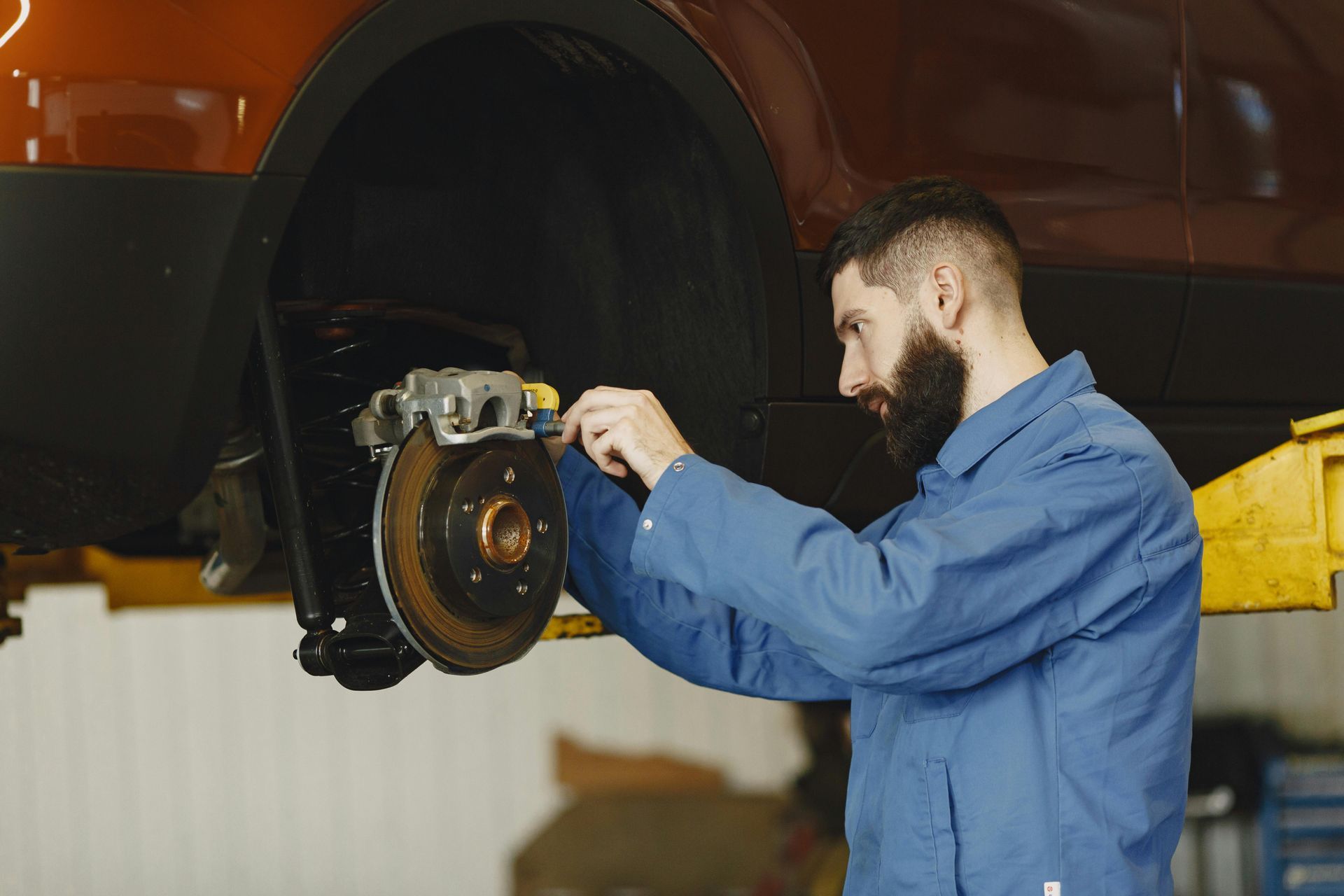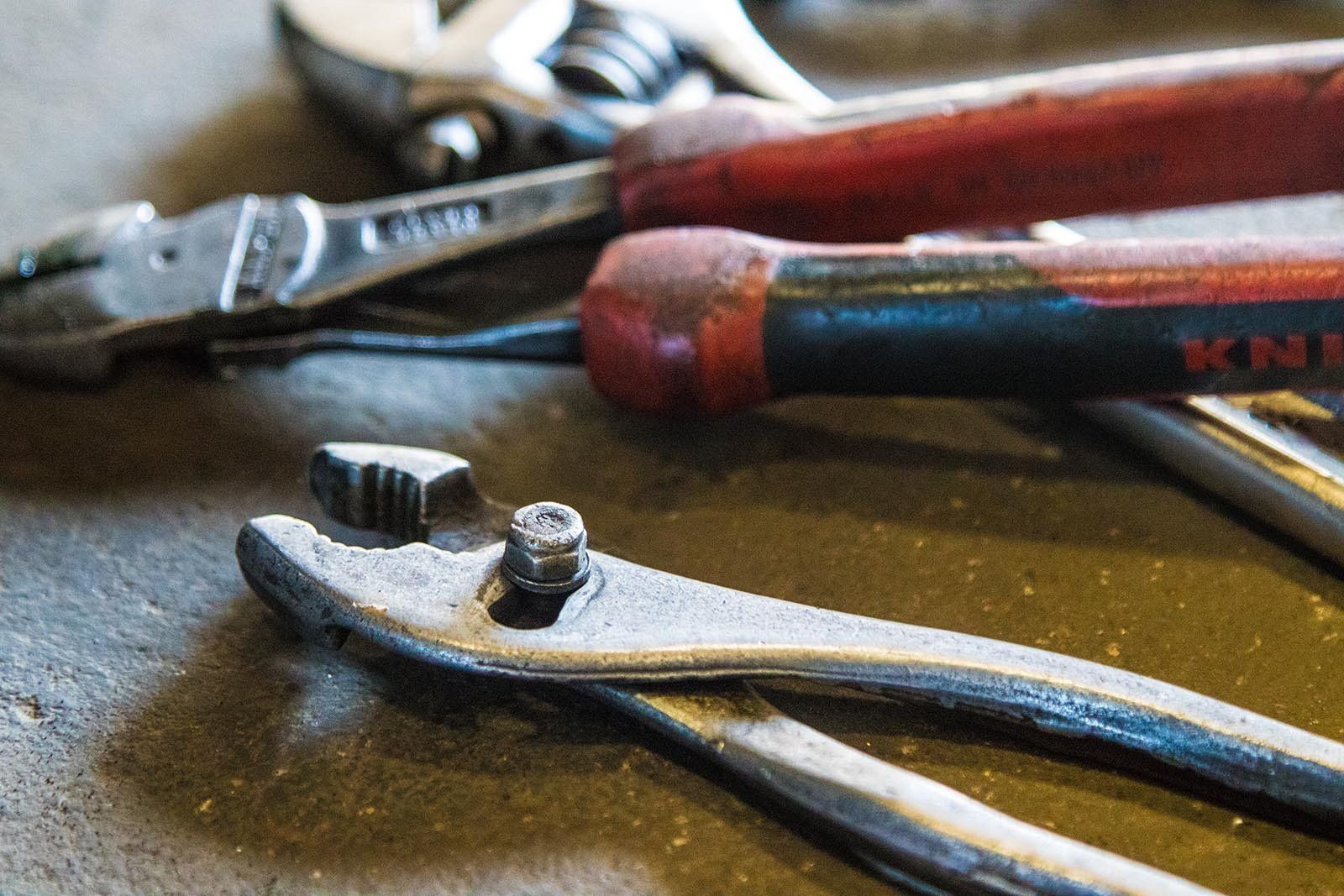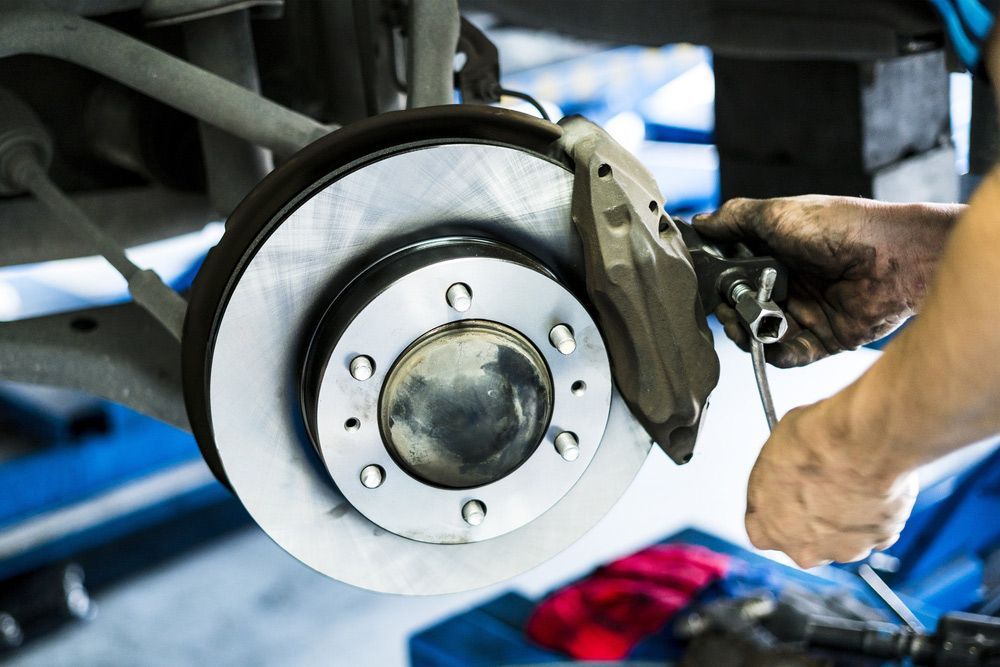How Often Should You Get Your Brakes Checked?
Imagine cruising down the highway, confident that your vehicle responds perfectly with every press of the brake pedal. Behind that smooth performance lies a crucial system that demands regular attention: your brakes. Many drivers overlook routine brake inspections, yet understanding how often to get brakes checked plays a significant role in keeping you and others safe. In this article, we’ll explore recommended inspection intervals, how local driving conditions affect brake wear, and warning signs that may require immediate attention.
Understanding Brake System Inspection Frequency Based on Manufacturer Guidelines
Manufacturers design service schedules to help maintain optimal vehicle performance. Brake inspections are typically regularly recommended, often coinciding with routine servicing.
Most vehicle manufacturers suggest that drivers check their brakes every 10,000 to 20,000 kilometres or once every six months, depending on driving habits. However, these are general guidelines and may vary depending on vehicle type and usage.
- Service intervals may be shorter for high-performance or commercial vehicles.
- Brake inspections are usually included in logbook services, helping maintain warranty compliance.
- Early detection of wear through regular checks ensures that minor issues don’t evolve into major repairs.
Following manufacturer recommendations offers a balanced approach to preserving brake performance and safety while avoiding unnecessary wear.
How Local Driving Conditions Affect Brake Wear
Driving in Tamworth and its surrounding areas can present unique challenges for your brake system. The type of roads you drive on, local terrain, and traffic patterns can significantly influence how often your brakes need professional attention.
Hilly roads and frequent towing, which are common in regional areas, strain brake components more. Stop-start driving in town centres or rural backroads also contributes quicker brake wear than steady highway driving.
- Towing trailers, caravans or heavy loads adds pressure to the braking system.
- Unsealed or uneven rural roads can cause uneven pad wear and rotor damage.
- Long descents require prolonged braking, increasing heat and component stress.
- Wet or muddy conditions accelerate corrosion on brake parts.
By considering your driving environment, you can better judge when to schedule additional brake inspections outside standard servicing.
Warning Signs You Shouldn’t Ignore Between Scheduled Inspections
While regular inspections are important, your vehicle may let you know it needs attention before your next scheduled service. Identifying these early warning signs can prevent minor issues from becoming safety hazards.
If you experience any of the following symptoms, it’s essential to have your brakes inspected immediately:
- Squealing, screeching or grinding noises when braking
- Vibrations or pulsations felt through the brake pedal or steering wheel
- The brake pedal feels soft, spongy, or requires more pressure than usual
- Warning lights are appearing on your dashboard
- A burning smell during or after braking.
- The car pulls to one side when applying the brakes.
Ignoring these signs can lead to compromised braking performance and more costly repairs down the track.
The Role of Professional Brake Technicians in Accurate Assessments
While some brake issues may be easy to spot, others require a professional eye. Experienced brake technicians use advanced diagnostic tools and their trained judgment to assess your braking system, ensuring no problem goes unnoticed.
A comprehensive brake inspection covers far more than a glance at the pads:
- Measuring brake pad and rotor thickness with specialised gauges.
- Checking for uneven wear or warping on rotors.
- Inspecting brake fluid levels and testing for moisture contamination.
- Examining callipers, hoses and hardware for leaks or corrosion.
- Testing the effectiveness of the entire system under controlled conditions.
At Kings Brakes, our technicians perform thorough inspections to give you peace of mind that every component is functioning safely and efficiently.
Consequences of Delaying Brake System Inspections
Postponing brake checks might seem harmless in the short term, but delayed inspections can have serious consequences for both safety and your wallet.
As components wear down without attention, they place additional strain on related parts, often resulting in more complex repairs later. In severe cases, worn brakes can fail, putting you and others at risk.
- Increased stopping distances, particularly in emergencies.
- Higher likelihood of brake failure under heavy loads or during sudden stops.
- Damage to rotors, callipers and even suspension components due to neglect.
- Potential for complete brake system failure in extreme cases.
- Higher repair costs for full system replacements rather than minor part replacements.
Prioritising regular brake inspections helps catch issues early, reducing danger and expense.
How Brake System Components Age Differently
Your vehicle’s braking system comprises several key components, each wearing at its rate depending on usage, materials and environmental factors. A professional inspection reviews all elements to ensure your system functions reliably.
Here’s how different components typically wear over time:
- Brake Pads: Generally wear out first, usually between 25,000 and 60,000 kilometres, depending on usage.
- Rotors/Discs: They can last longer than pads but may develop grooves, warping, or scoring if pads wear unevenly.
- Brake Fluid: Absorbs moisture over time and should be flushed approximately every two years to maintain braking efficiency.
- Callipers & Hardware: Subject to wear from heat, corrosion and mechanical stress, potentially seizing or leaking if neglected.
A qualified technician can monitor each part’s wear and recommend timely replacements to keep your system operating at peak performance.
Benefits of Routine Brake Maintenance for Safety & Peace of Mind
Beyond preventing breakdowns, regular brake checks offer numerous advantages that enhance your daily driving experience. Knowing your brakes are operating correctly allows you to tackle any driving situation confidently.
Routine maintenance provides:
- Consistent and reliable stopping power, regardless of driving conditions.
- Early detection of small problems before they escalate into expensive repairs.
- Extended lifespan for major brake components.
- Improved fuel economy due to less drag from worn or misaligned brakes.
- Enhanced resale value for your vehicle due to documented service history.
Keeping your brakes in top condition ensures a safer, smoother and more enjoyable driving experience year-round.
Expert Care for Your Brakes in Tamworth: Reach Out
Don’t leave your safety to chance. At
Kings Brake Service Specialists, we offer professional brake system inspections designed to suit the diverse driving conditions. Our experienced team uses the latest diagnostic tools to assess every aspect of your brake system, ensuring optimal performance. Take control of your vehicle’s safety today.
Contact us via our website to book your professional brake inspection.

